Introduction
Sports are much more than just competition, scores, or trophies. They serve as a reflection of society’s values, struggles, and progress. Throughout history, sports have not only entertained but also played a pivotal role in shaping culture and addressing social issues. From promoting unity to inspiring movements for equality, sports have a profound impact that extends well beyond the field of play.
In this blog, we’ll explore how sports have shaped culture and society in meaningful ways, highlighting key examples where athletic competition became a catalyst for change.
Uniting Nations and Bridging Cultures
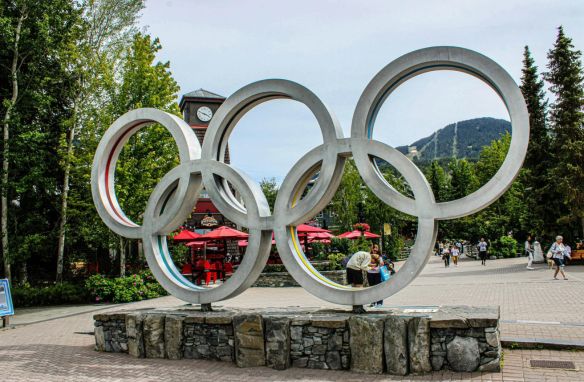
Sports have the unique ability to transcend borders, languages, and cultural differences. International sporting events like the Olympics and the FIFA World Cup bring together nations from around the world, promoting unity and cross-cultural exchange.
- Olympics as a global connector: The Olympic Games are a symbol of international cooperation, showcasing the best of human achievement while fostering peace and diplomacy. From the iconic 1992 Barcelona “Dream Team” to the recent inclusion of more diverse sports, the Olympics are where cultures converge.
- Example: The 1995 Rugby World Cup in South Africa, where Nelson Mandela used the national rugby team to unite a post-apartheid nation. Wearing a Springbok jersey, Mandela presented the trophy to the team, signaling a new era of racial unity.
Breaking Barriers and Fighting for Equality
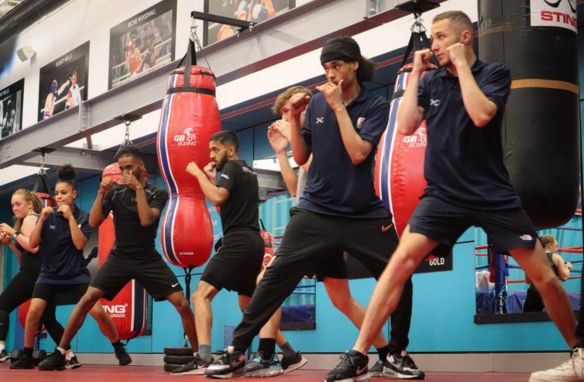
Sports have long been a platform for challenging societal norms and fighting for equality. The struggles for racial, gender, and LGBTQ+ equality have often played out in the sporting arena, with athletes standing at the forefront of change.
- Racial equality: Jackie Robinson breaking the color barrier in Major League Baseball in 1947 was a historic moment that changed American sports and culture. Robinson’s courage paved the way for integration across sports and demonstrated the power of athletes to influence social change.
- Gender equality: The fight for equal opportunities in women’s sports has gained momentum over the years, from Billie Jean King’s “Battle of the Sexes” win in 1973 to the ongoing push for equal pay for women in sports like soccer and tennis.
Memorable example: The U.S. Women’s National Soccer Team’s 2019 World Cup victory, which highlighted gender pay inequality and sparked a global conversation about fairness in sports compensation.
Sports as a Platform for Social Activism
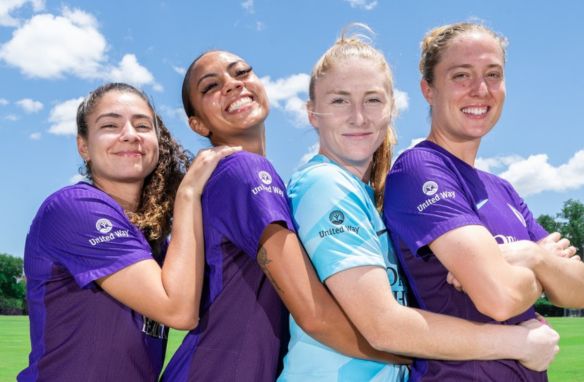
Athletes have increasingly used their platforms to advocate for social justice causes, blending sports with activism. This has been particularly evident in movements related to civil rights, police brutality, and the fight for racial equality.
- The 1968 Olympics Black Power salute: Tommie Smith and John Carlos raised their fists during the national anthem, protesting racial inequality and sparking a conversation that reverberated far beyond the Olympics.
- Colin Kaepernick’s protest: When NFL quarterback Colin Kaepernick took a knee during the national anthem in 2016, he reignited debates over police brutality and racial justice. While controversial, his actions inspired a wave of athlete activism that continues today.
Promoting Mental Health Awareness

The increasing openness of athletes to discuss mental health struggles has transformed conversations about mental well-being. In a world where athletes are often idolized for their physical strength, their willingness to talk about psychological challenges has humanized them and encouraged broader discussions about mental health in society.
- Naomi Osaka and Simone Biles: These high-profile athletes made headlines for prioritizing their mental health during major competitions. By withdrawing from events like the French Open and the Tokyo Olympics, they demonstrated that mental health should be valued as much as physical health.
Impact on society: Their decisions have sparked an ongoing dialogue about the pressures athletes face and how society views mental health, influencing workplace and personal mental health discussions.
The Role of Sports in Shaping National Identity
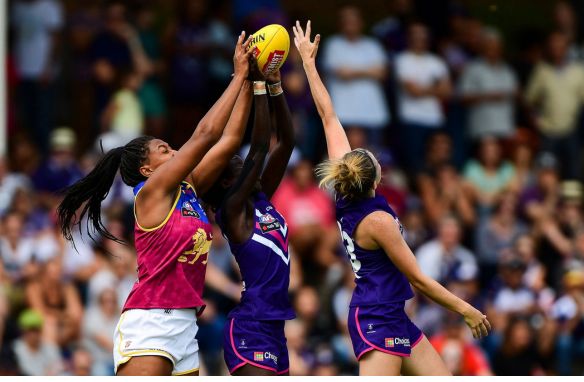
Sports often serve as a symbol of national pride, helping to shape national identity. Victories in major sports competitions can unify a country, reinforcing collective values, aspirations, and pride.
- Brazil and soccer: Brazil’s passion for soccer runs deep, with the sport acting as a cultural and national symbol. Icons like Pelé and Neymar have elevated Brazil on the world stage, with World Cup victories serving as moments of national pride.
- The U.S. and the Super Bowl: In the U.S., the Super Bowl transcends sports to become a cultural event. It reflects American values of competition, success, and entertainment, while also addressing social and political issues through commercials and halftime performances.
Economic and Social Impact of Sports

Sports are an economic powerhouse, driving industries from media and tourism to merchandise and infrastructure development. Large-scale sporting events can transform cities, create jobs, and boost local economies.
- Olympics and World Cup investments: Hosting the Olympics or the World Cup is often seen as a chance for cities and nations to invest in infrastructure and showcase themselves on a global stage. Cities like Barcelona (1992 Olympics) and London (2012 Olympics) revitalized areas and created lasting legacies.
Local impact: On a community level, local sports programs can provide opportunities for youth development, promote social cohesion, and serve as a means of education and empowerment.
The Rise of E-Sports and New Cultural Trends
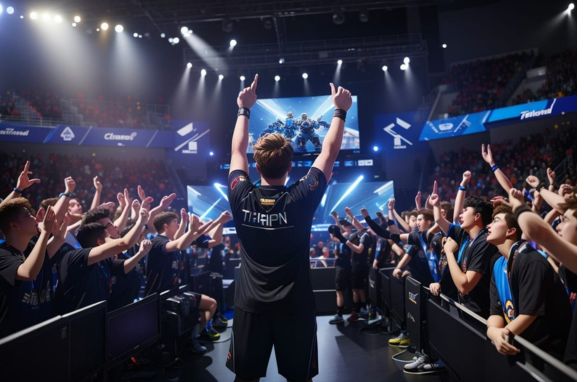
With the rise of technology, e-sports have emerged as a new frontier in sports culture. This shift challenges traditional notions of what constitutes a sport, as millions of fans now follow professional gaming leagues and competitions.
- E-sports as cultural phenomena: Games like League of Legends, Fortnite, and Overwatch have created global communities, with players and fans from all walks of life. E-sports also bring together people across borders, fostering international friendships and collaborations in the virtual world.
Impact: E-sports have influenced everything from entertainment and social media to the way brands engage with younger audiences, reflecting the digital age’s influence on sports culture.
Conclusion
Sports are more than just games; they are powerful vehicles for societal change, cultural expression, and economic development. From uniting nations and breaking down barriers to inspiring activism and creating new cultural trends, the influence of sports extends far beyond the final whistle. As we move forward, the role of sports in shaping society will only continue to grow, offering new ways to understand ourselves and the world around us.


